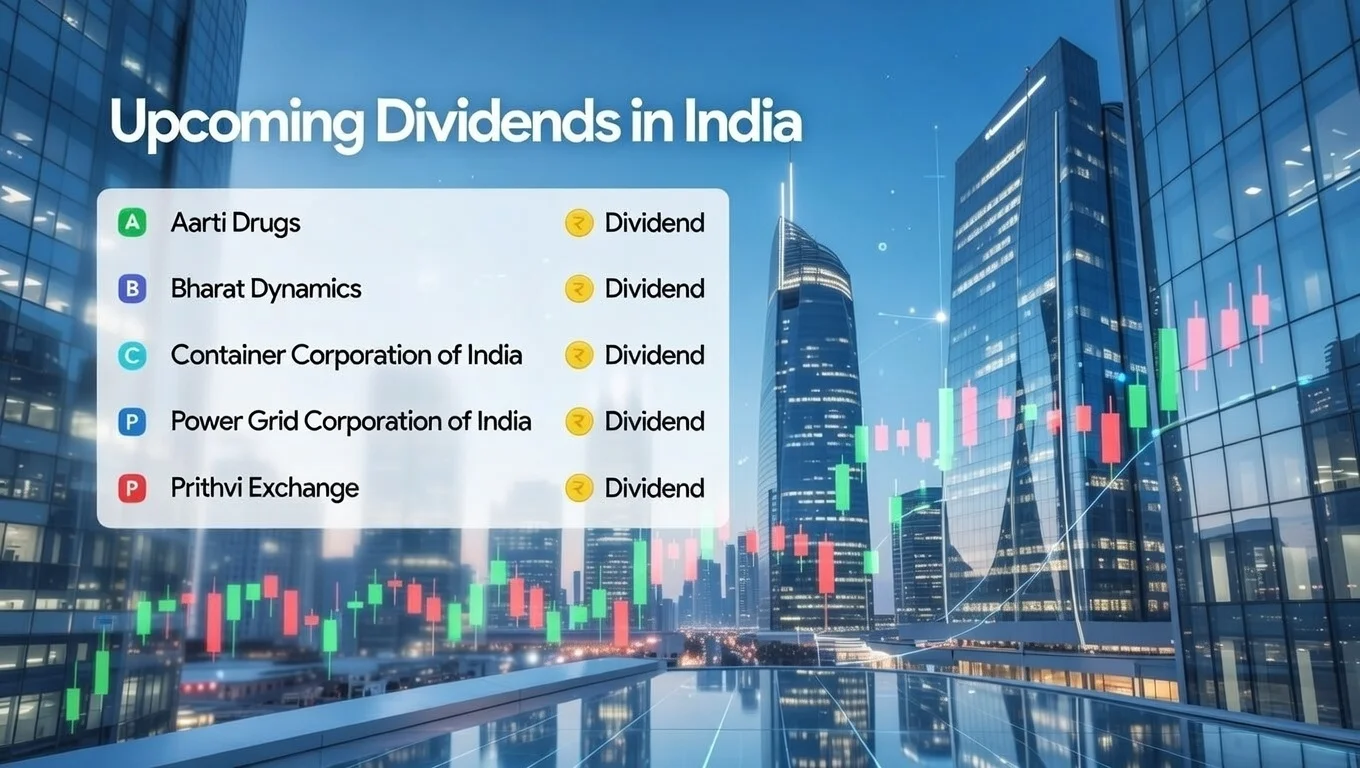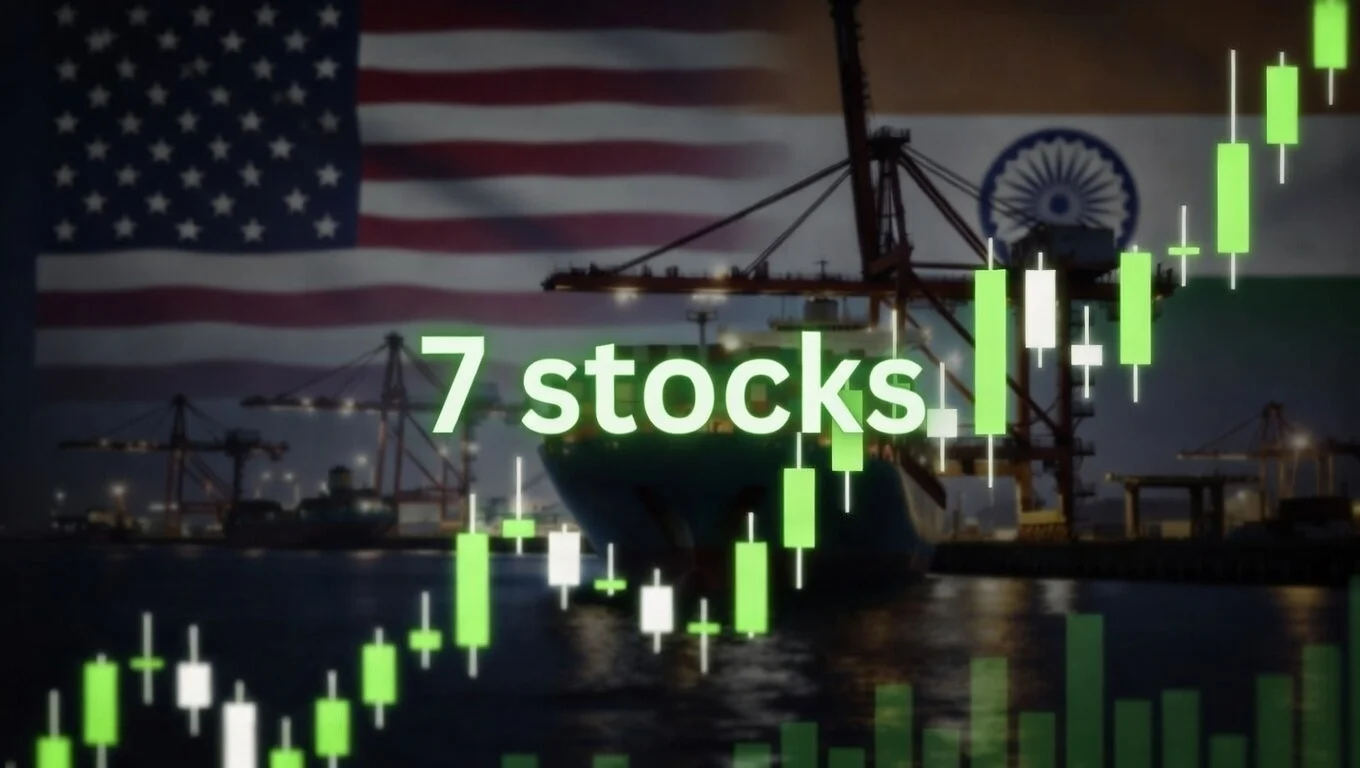Home >> Blog >> Impact of Red Sea Crisis on Stock Market & Global Economy Affected
Impact of Red Sea Crisis on Stock Market & Global Economy Affected

Table of Contents
Introduction
In recent days, we've witnessed significant market pressure. But do you know that this pressure isn't solely due to domestic factors? The global economy also plays a significant role in influencing the Indian stock market. Today, we'll discuss major reasons for how the recent Red Sea crisis is having some impact. By the end of this blog, you'll gain insights into what the Red Sea is, why it's crucial for the world and India, and the impacts of the Red Sea crisis. Just stick with us to the end for some useful information.
What is the Red Sea?
The Red Sea is essentially a narrow strip of water serving as a gateway between Asia and Africa. It acts as an important shortcut for global trade, connecting the Indian Ocean to the south via the Bab-El-Mandeb and Gulf of Aden, and to the north via the Suez Canal to the Mediterranean Sea and Europe. In simple terms, it's a crucial route facilitating India's import-export activities with European countries and the USA.
Detailed Video
What is the Red Sea Crisis?
The Red Sea crisis spiked when Yemen-based Houthi Rebels began frequent attacks on commercial ships traversing the Red Sea. These rebels, backed by Iran, initiated attacks, particularly during the Israel-Gaza war in October 2023. Their targets included commercial vessels they deemed to be indirectly supporting Israel, resulting in disruptions to world trade. To counter these attacks, forces from the US and UK are currently engaged in the region.
Impact on the Global Economy
The Red Sea crisis has significant implications for the global economy, affecting trade routes and energy prices. Before the crisis, approximately 15% of global maritime trade transited through the Red Sea, involving commodities such as grains, liquid goods, natural gas, and crude oil. The rerouting of ships to avoid further attacks has led to increased freight costs and delays, impacting various sectors such as pharmaceuticals, automobiles, and textiles.
Assessing the Impact on the Indian Economy
The Indian economy, heavily reliant on imports and exports via the Red Sea, faces challenges due to the crisis. With 50% of its exports and 30% of imports passing through this route, India is vulnerable to disruptions in trade flow. Moreover, as India imports 85% of its energy needs, any increase in energy costs due to the crisis could lead to inflation and economic slowdown.
India’s Position
Despite the challenges posed by the Red Sea crisis, India is better positioned compared to other economies due to several factors:
1. Diversified sources of crude oil imports, with significant reliance on Russia.
2. Limited impact on Russian shipments, as they are perceived to support Iran.
3. Increased imports from Russia, mitigating potential disruptions from other suppliers.
Conclusion
While the duration of the Red Sea crisis remains uncertain, efforts by global powers such as the US, UK, and India to address the situation offer hope for resolution. As we navigate through these troubled waters, it's essential to stay informed and adapt to the evolving economic landscape. Your thoughts and insights on this matter are invaluable, so feel free to share them in the comments below.
Stay tuned for more updates and insights on the Red Sea crisis and its implications for the global economy. Until next time, stay informed, stay engaged, and stay safe!




















